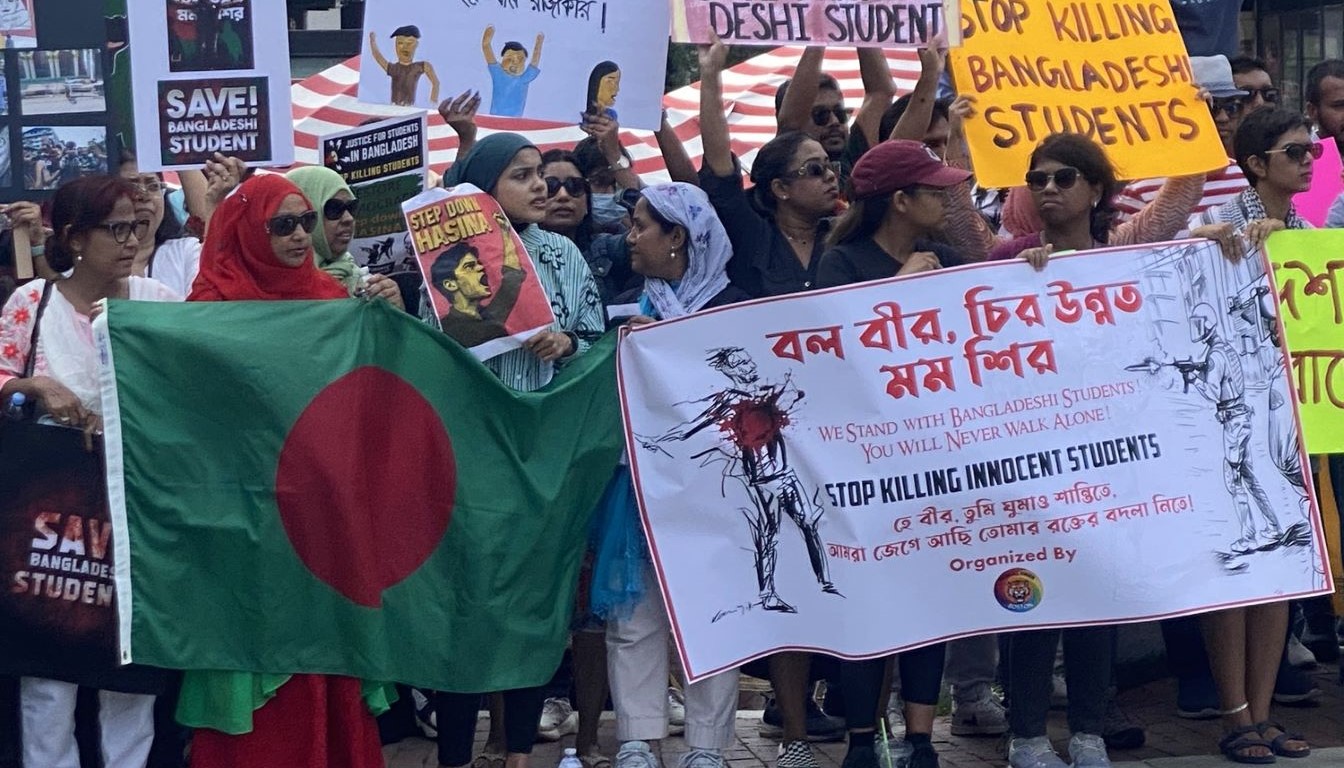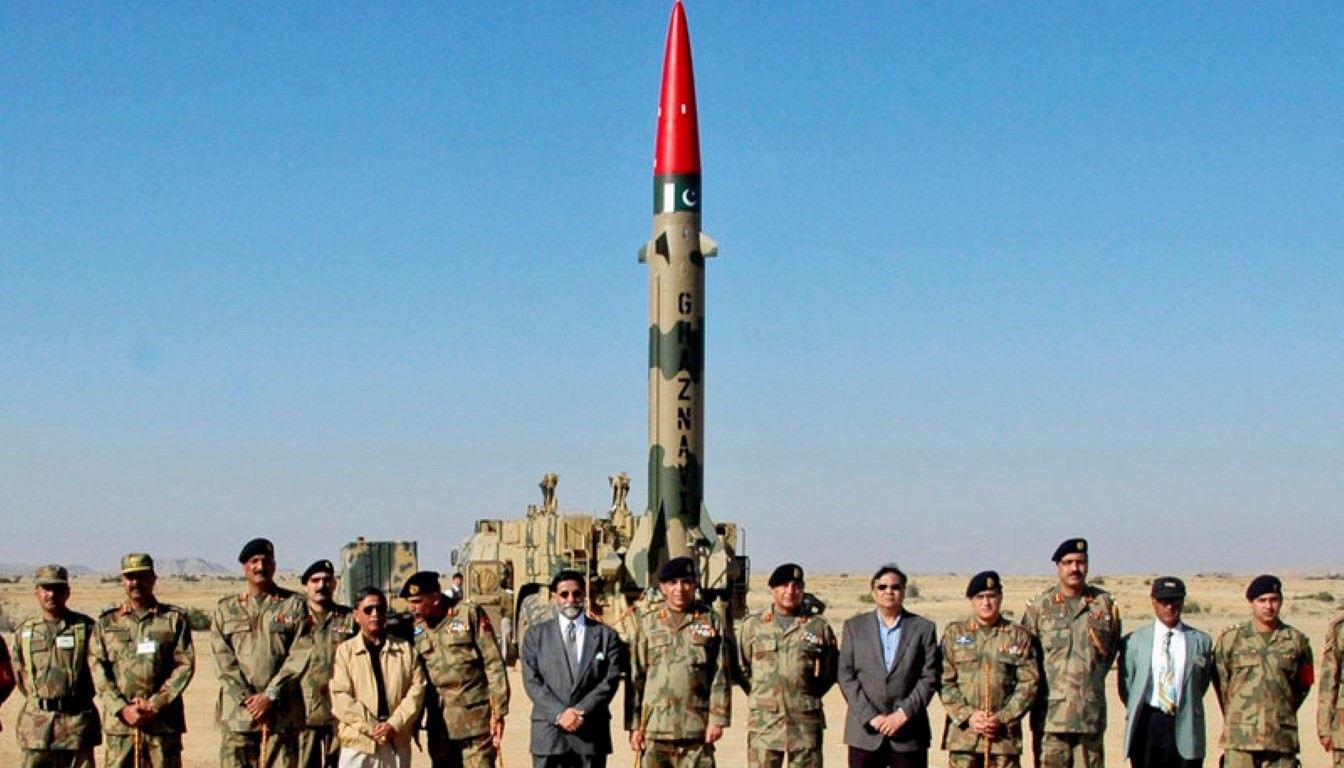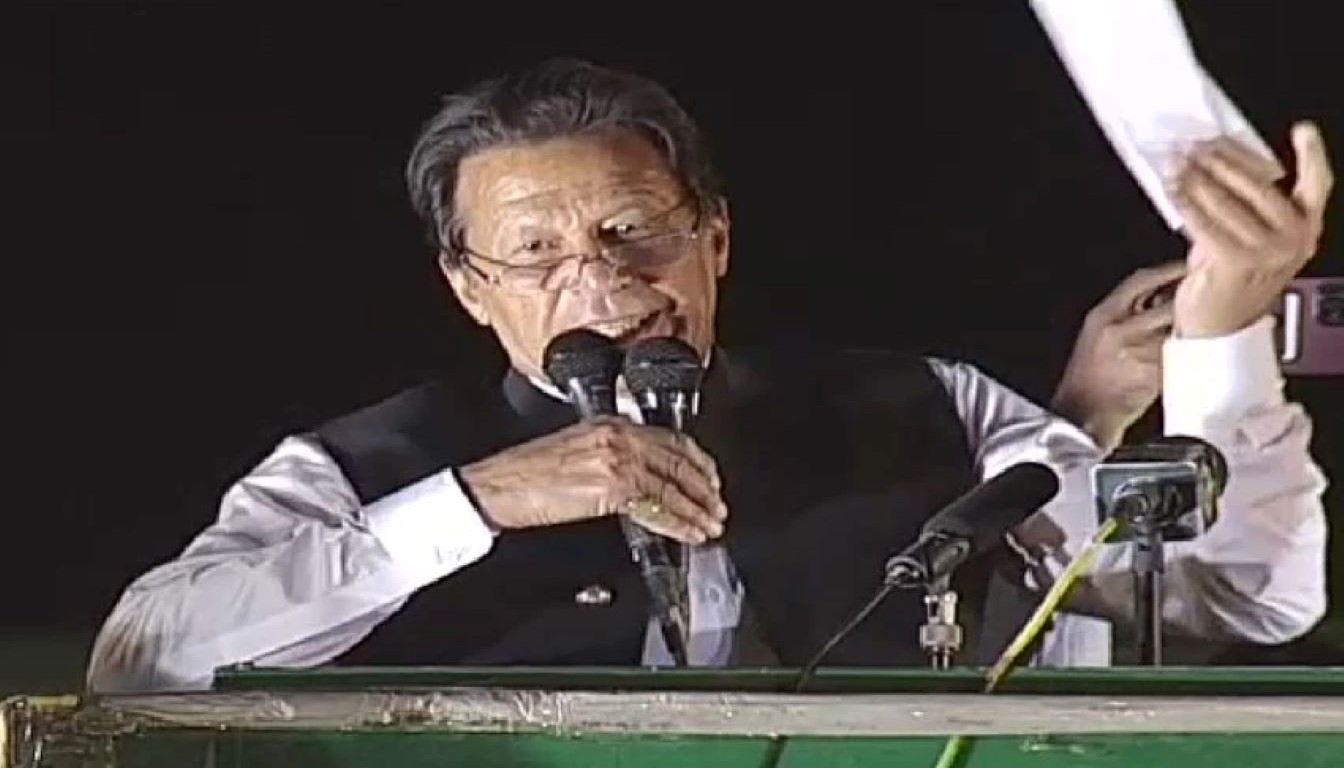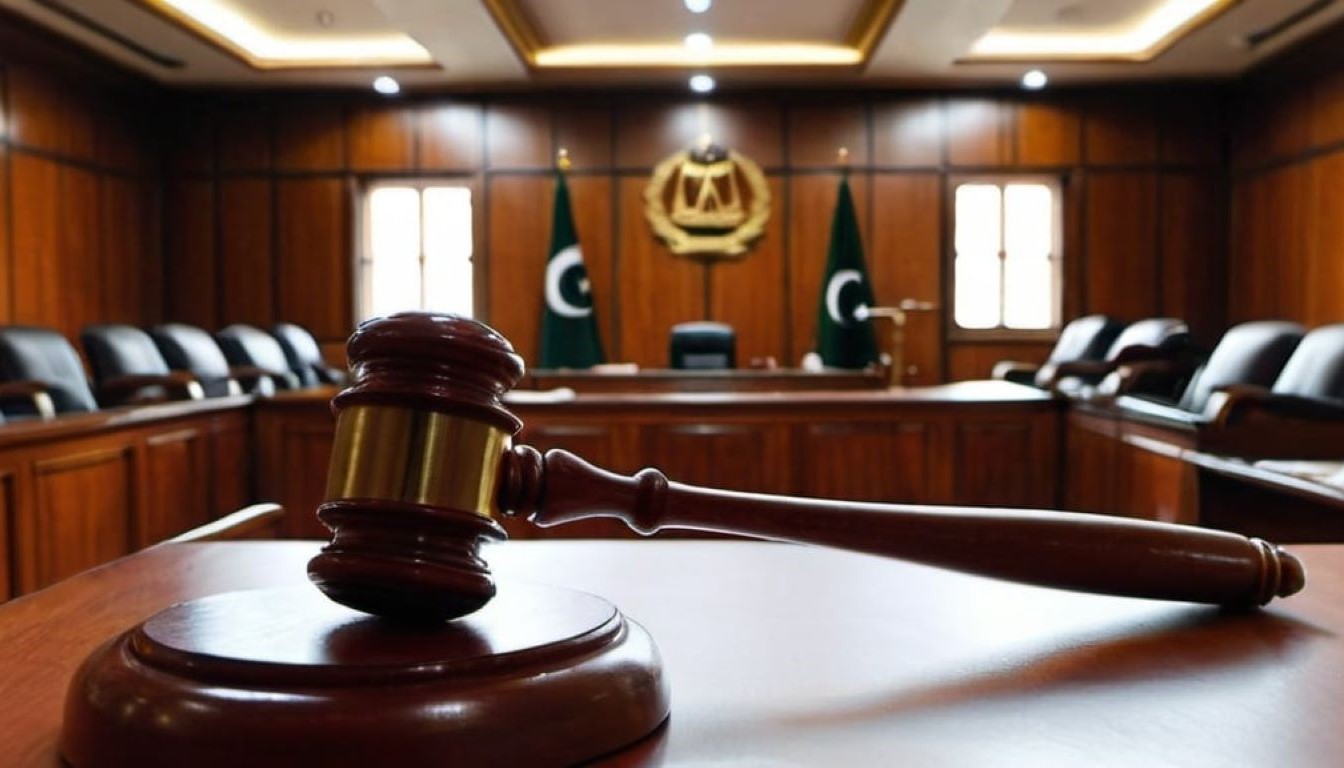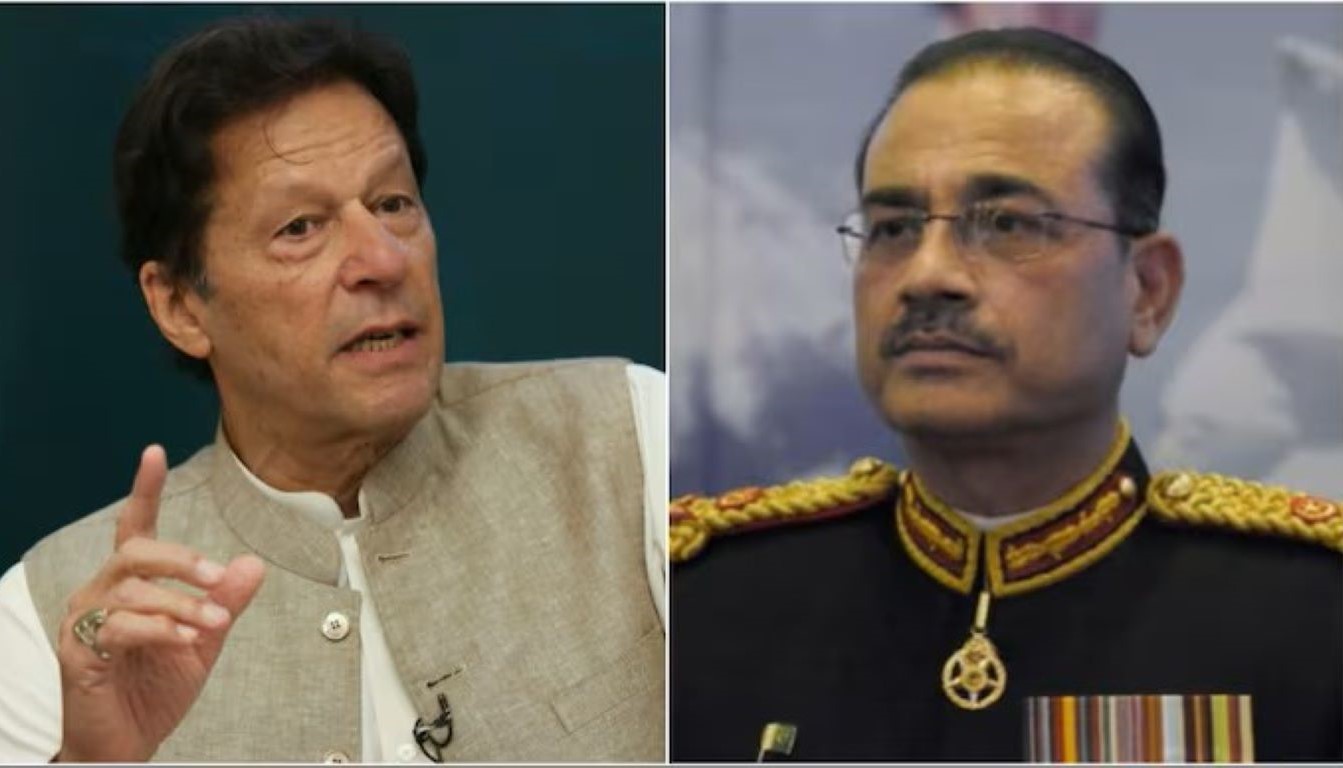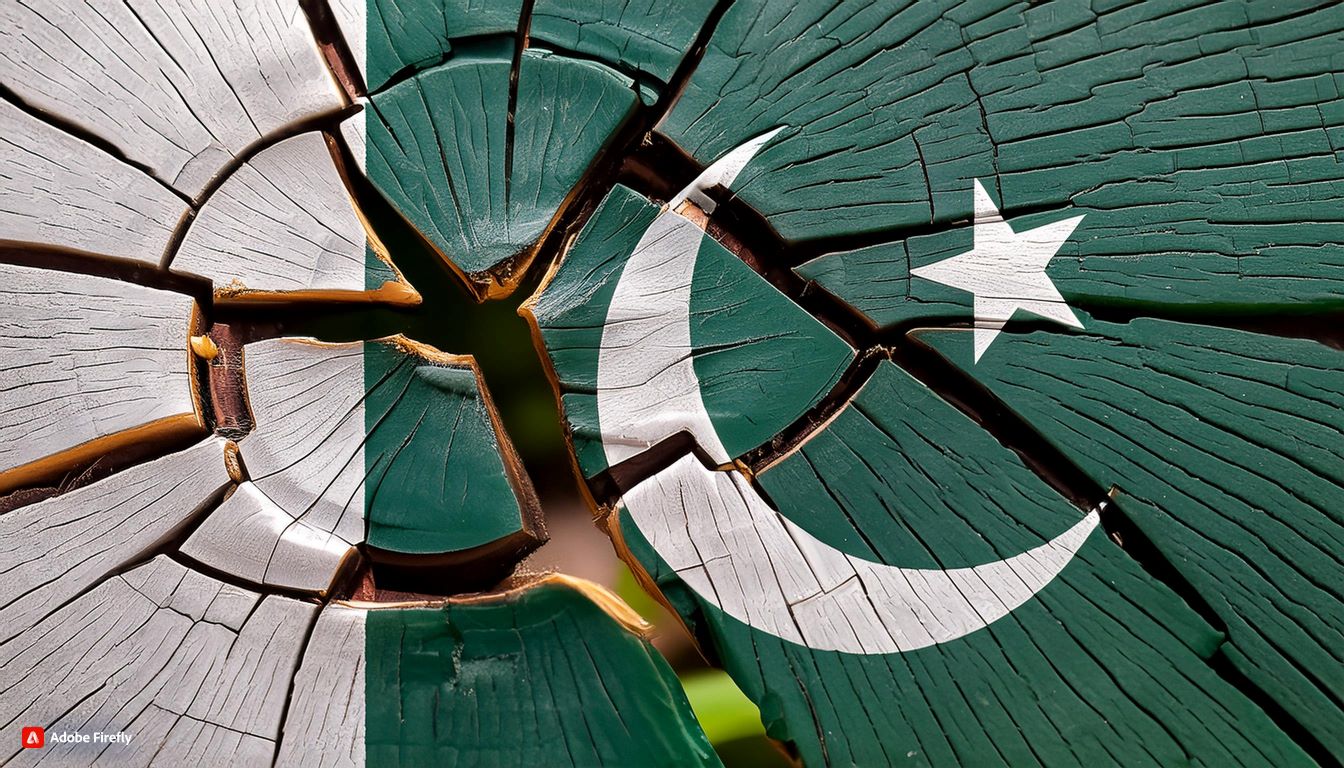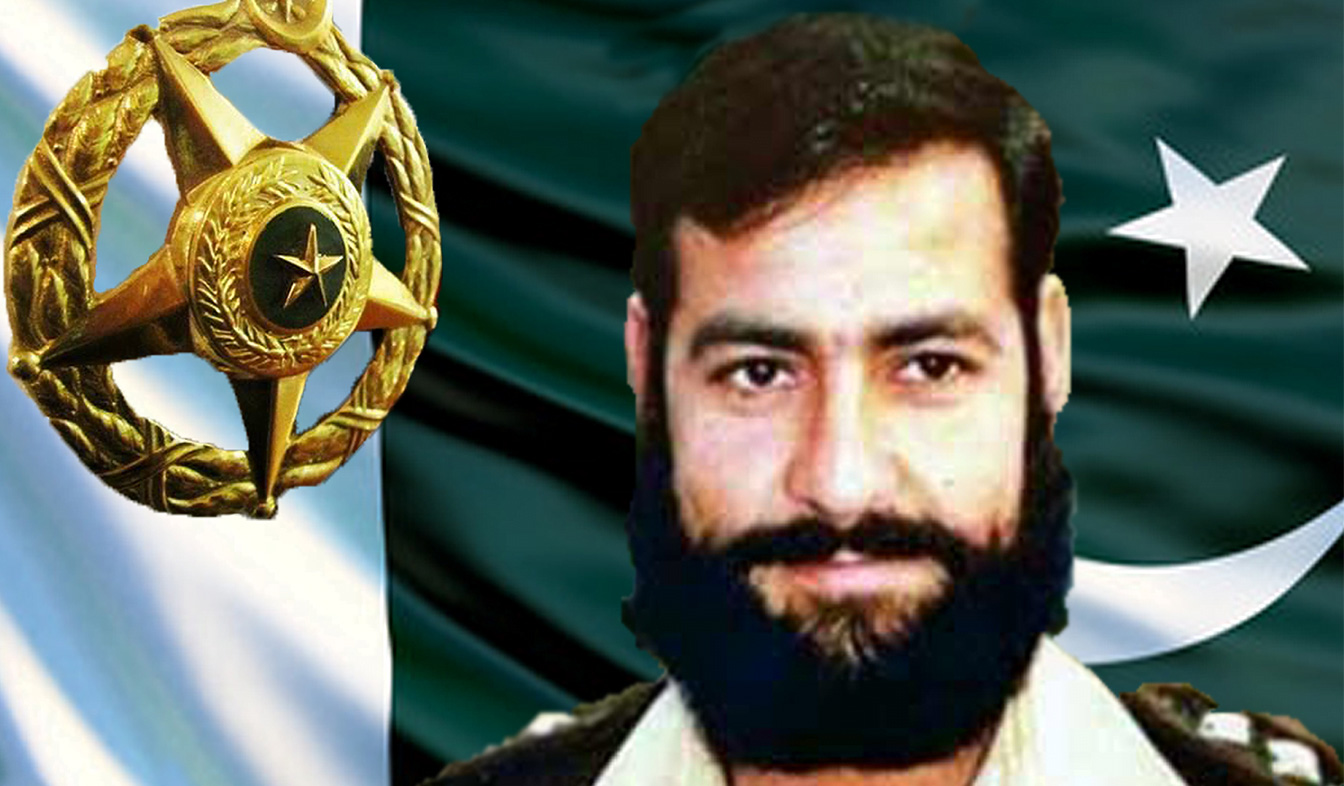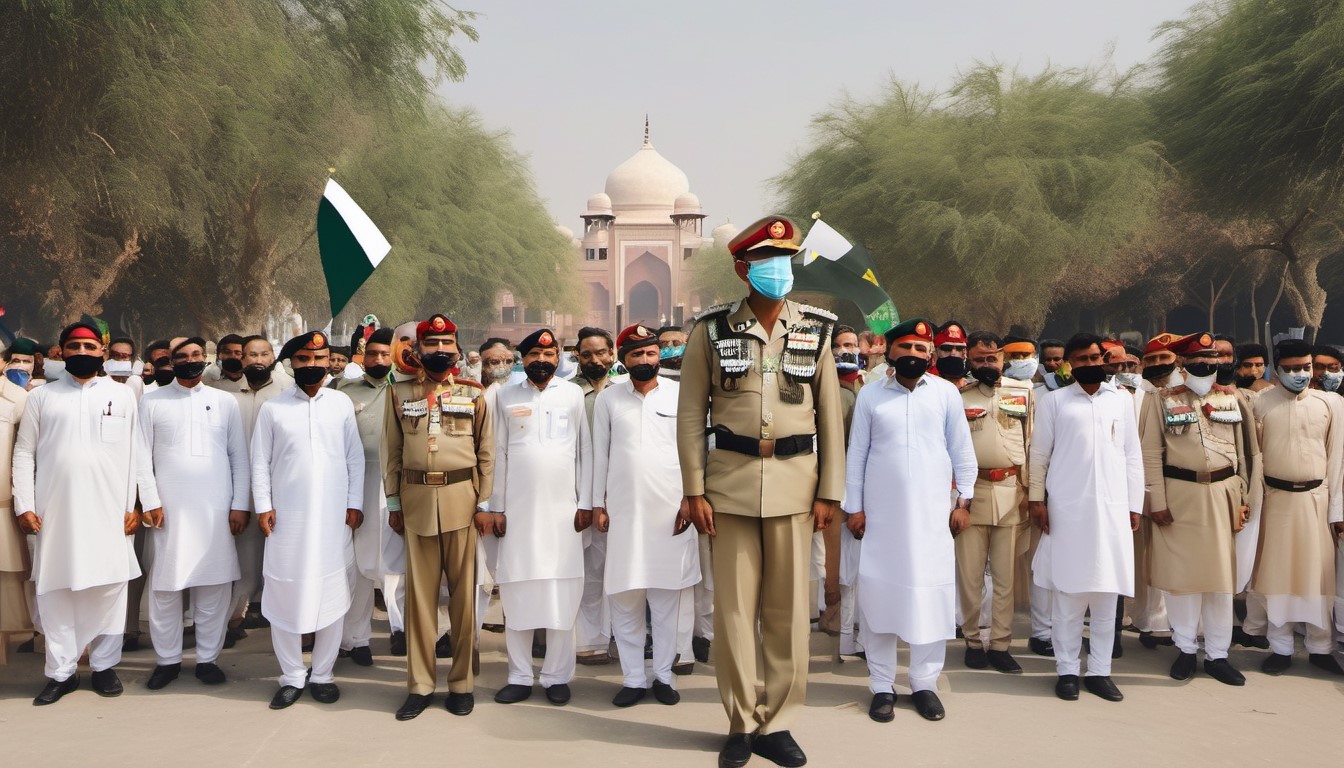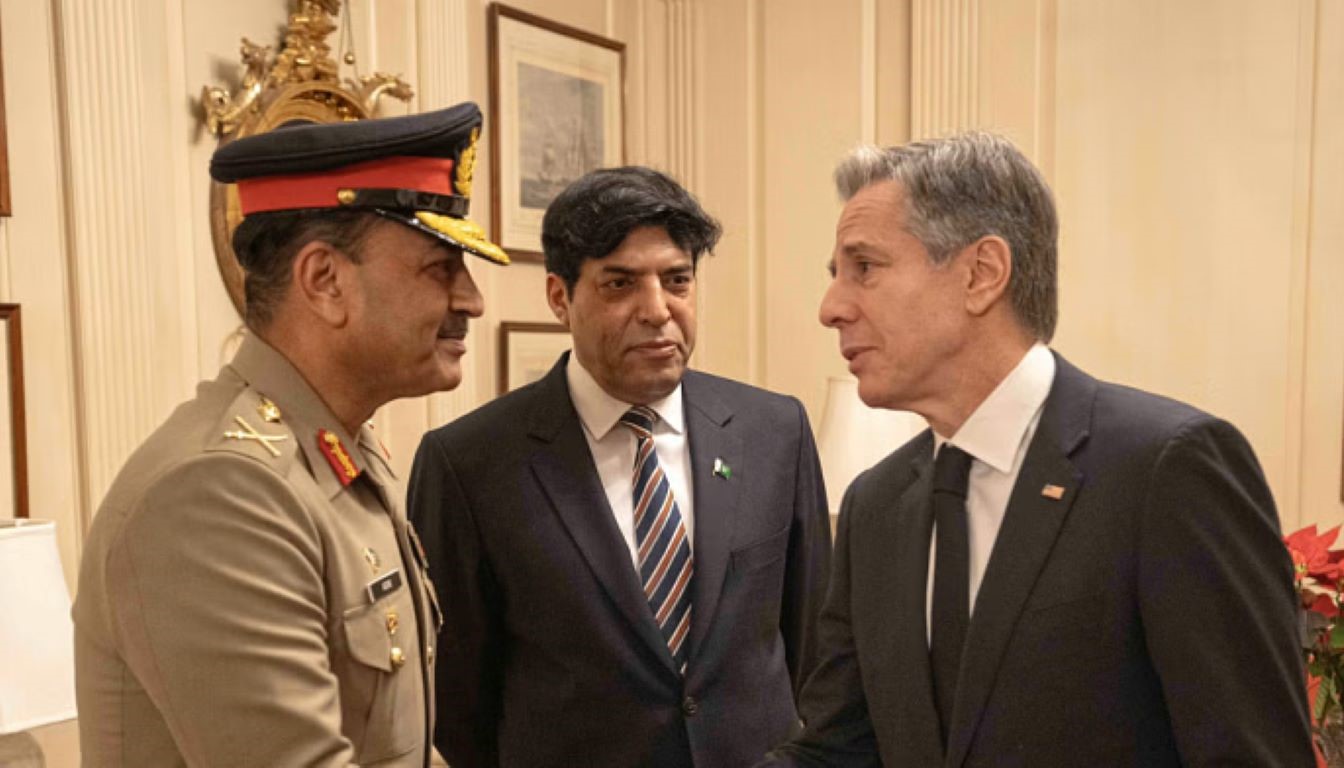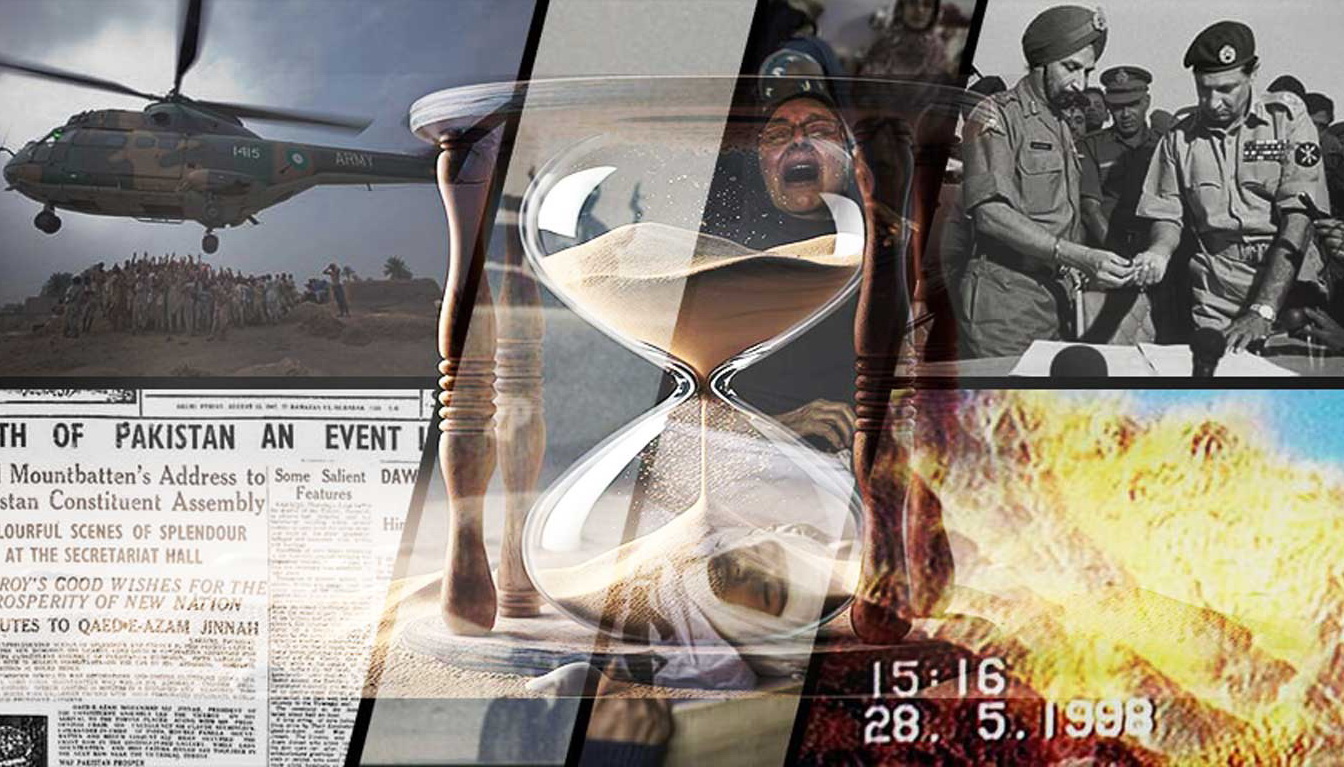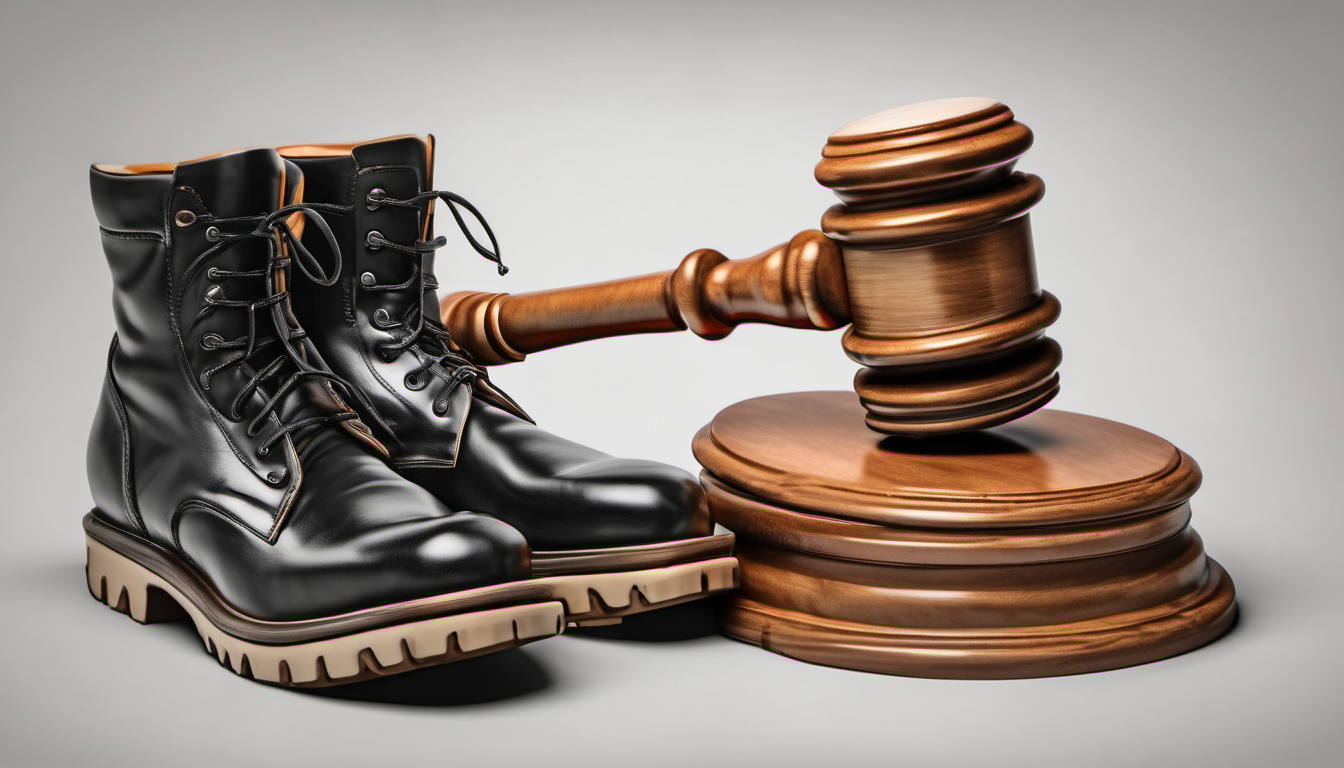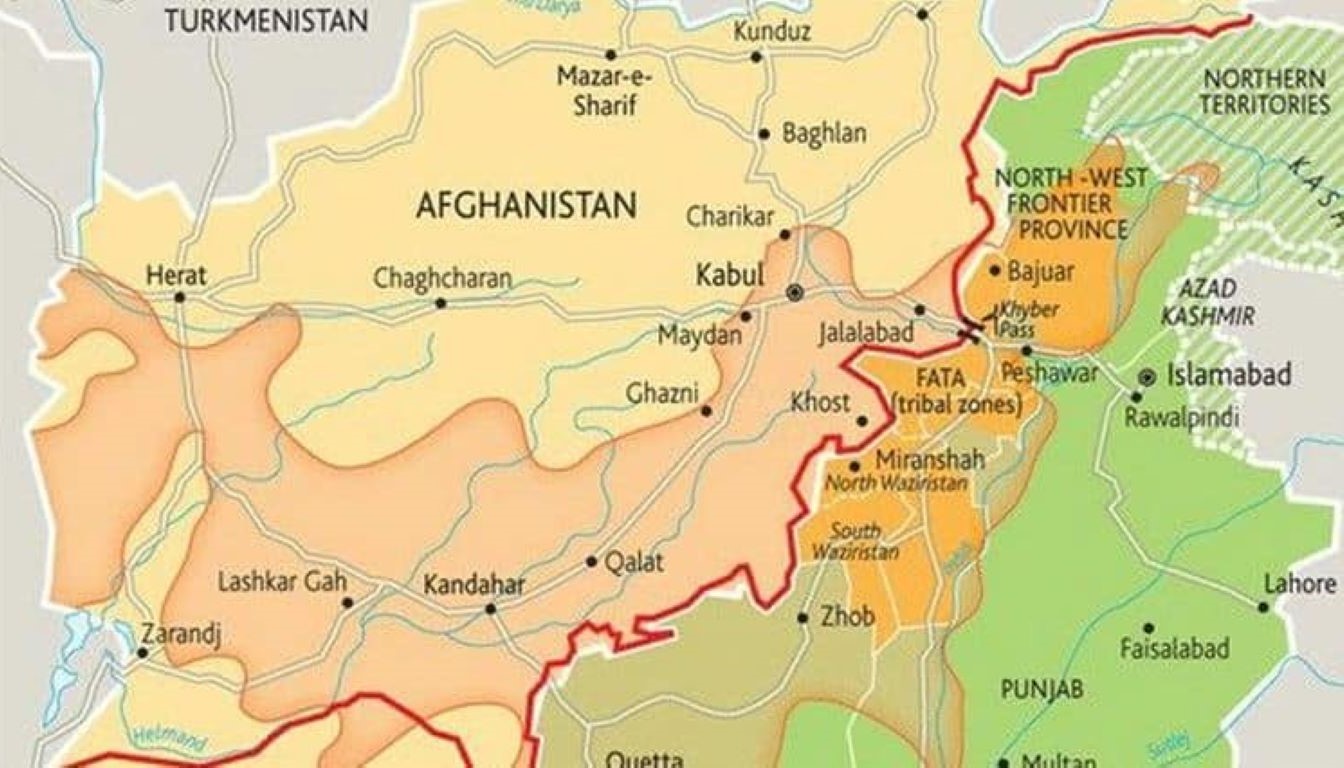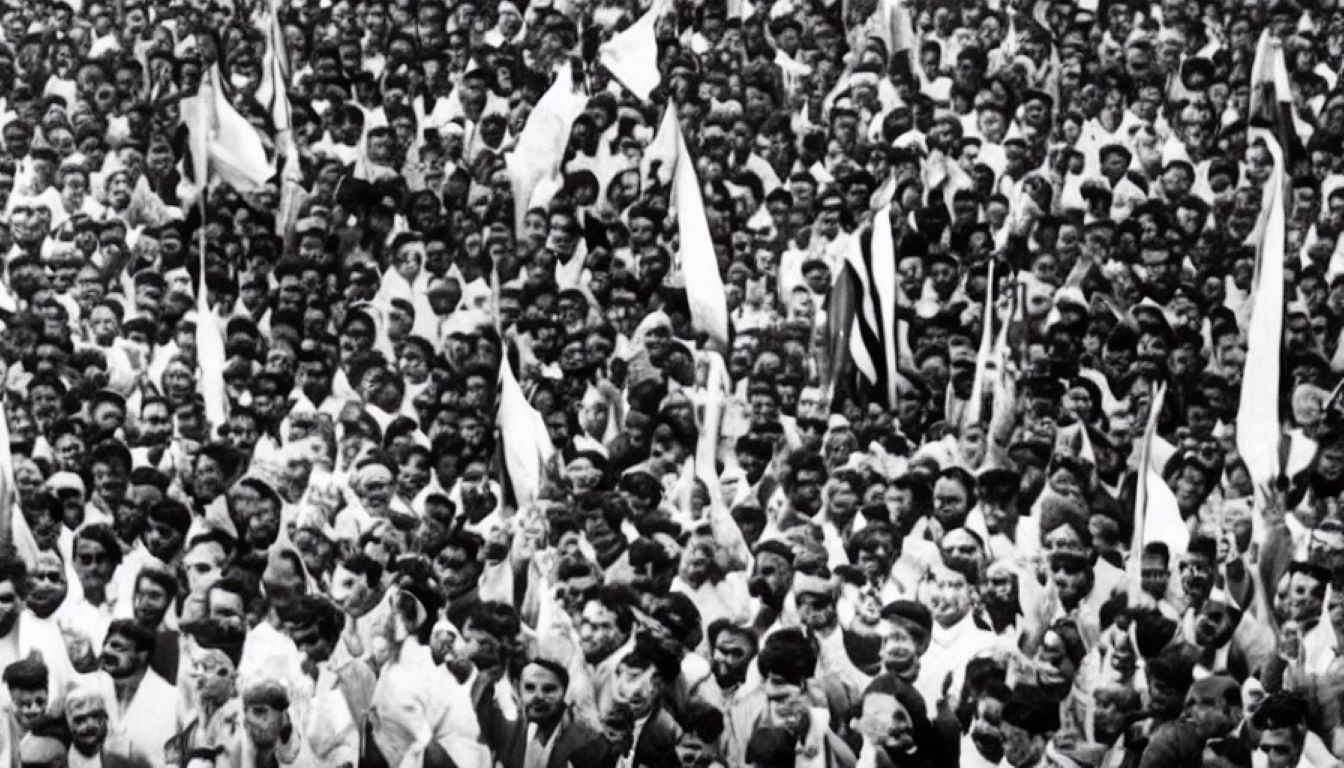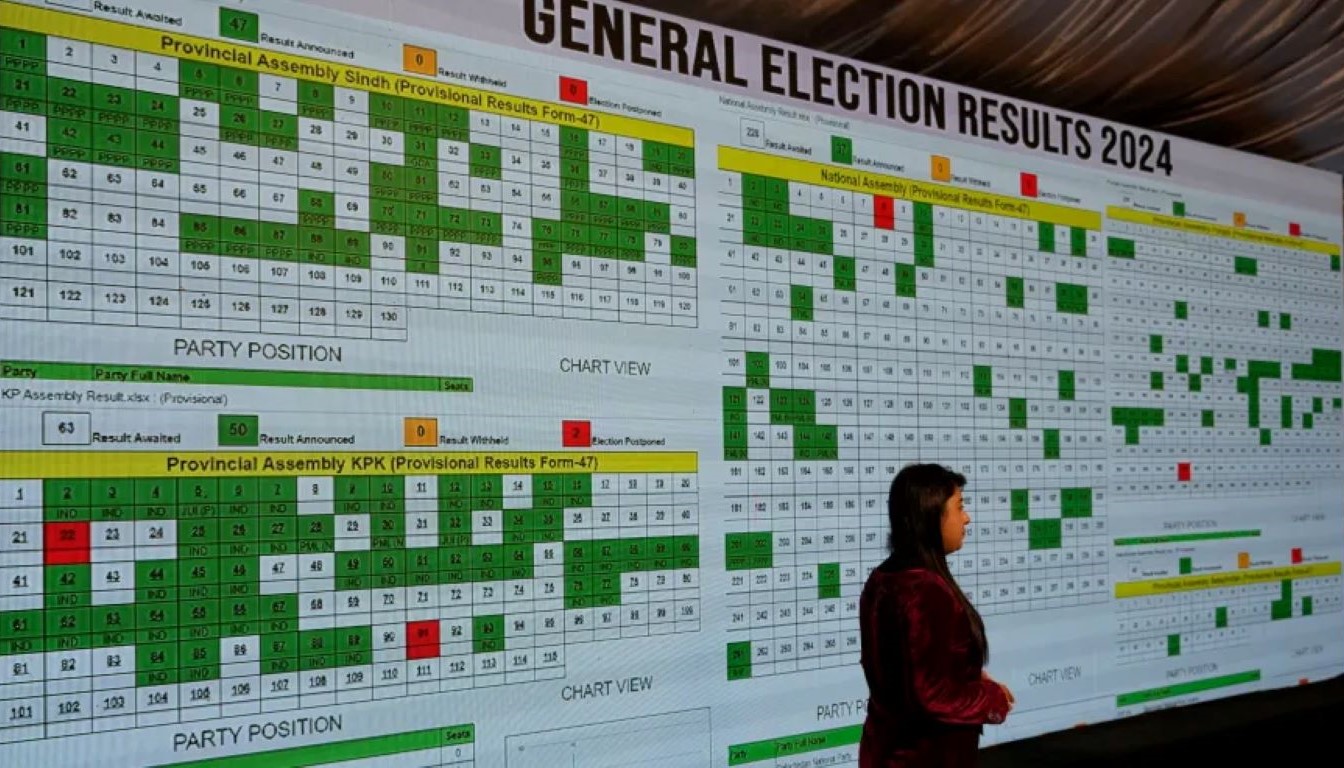When a nation is taken down, each successive regime takes it a few rungs lower. Each such step leaves its institutions progressively more degraded, its administration made less effective, and its people subjected to increasing injustice and to added pain.
However, the greater tragedy of this downward spiral is that ground lost in the slide is never recovered. The fallen standard becomes the new norm. And the next step in this decline begins from this new norm and falls further.
A very good example of this is the case of Zulfiqar Ali Bhutto. His style of politics introduced “Ghoonda-gardi” [gangsterism] to the system when a legislator’s wife, Malik Suleman’s, was called to a police station to cow her husband down. And then it was the turn of J.A. Rahim and his son, and then the murder of Dr Nazir.
In our day, we have seen this downward spiral reach a new low. What was an “irregularity” yesterday, has become the norm of the utter mayhem of today. We have routinely seen wives and daughters of political opponents being roughed up and dragged on the floor by intelligence goons who broke into their homes each time General Saab had the occasion to be miffed.
Bhutto was way out the most popular West Pakistani leader after partition, and he was especially so among junior army officers and the rank and file. What showed up in the gangsterism of his party could be traced directly to his arrogance. When he put his ministers in uniform and made the FSF [Federal Security Force] he began to smell of Mussolini. His popularity began to erode.
The rigging of the 1977 general elections in Pakistan opened the door for Bhutto’s downfall when he and all four of his provincial chief ministers were elected unopposed. This was sloppy thinking. Documentary proof of rigging came when a candidate, who had fought for a national seat, was handed the result of his provincial seat, the elections to which had yet to take place!
This triggered off street protests by PNA. Apart from other efforts to win back confidence among the people, Bhutto sent out his minister of state, Aziz Ahmed [??] to address army officers in various garrisons. These addresses were terminated when one young officer got up after one such address and asked Aziz Ahmed if the PNA leaders would also be allowed to address the garrison, and if not, why not?
When police could not control the agitators in Lahore, the army was deployed. But three successive Brigade Commanders [ Niaz Ahmed, Ashraf Gondal, and Ishtiaq] refused to order their troops to fire on the crowds. The Brigadiers were reduced in rank, and thrown out of the army with a 25 percent loss of pension. But before they lost it, Gen Zia ul Haq won big. On July 5, 1977 he overthrew Bhutto and Pakistan was his; and there,right on top of it, he made himself comfortable for the next eleven years.
When in Campbellpur Jail, I met Ijazat Khan, an ex artillary man, who had enrolled in the FSF after retirement. I asked him if he had had the chance of embellishing his CV by disposing off any political bigwig. Sheepishly, he told me that he had been the driver of one of the two jeeps sent to despatch Abdul Samad Achakzai, but that it was the others who did the job.
Thus when the Punjab Punch [edited by Muzaffar Qadir] came out with the immortal headline: “Dama-Dam Must Qalandar; Zulfiqar Ali Bhutto Ander”, it was no surprise to me that Bhutto had been charged for the murder of Mohammad Ahmed Qasuri when the actual target was his son, Ahmed Reza. And how ever much the crocodile in Qazi Isa may convulse and shed tears on the “technicality” of Z.A. Butto’s end, I’m sure that even he is certain that the hit had been ordered by Bhutto. Masood Mehmood [ the head of the FSF] had no beef with Qasuri. Similarly there should be no doubt that the hit on Arshad Sharif was ordered by the regime, and also the one on Imran Khan.
I was thinking about this free fall Pakistan has been pushed into by its erstwhile defenders when I read the letter [of March 25] of the six Justices of the Islamabad High Court, addressed or copied to the cream of our judiciary, should there be any “cream” still left there. And I wondered if this letter will constitute the first major impediment in the way of our fall. I cannot imagine that this letter was merely an attempt on the part of the judges “to seek guidance” for certain contingencies. It is my hope that the subject letter betokens the first faint stirring among the elite to protest against what has been inflicted on Pakistan. For decades it has been the judiciary in tandem with the High Command that has conspired to bring Pakistan low. Has the judiciary at long last decided to break ranks with our bemedalled peacocks to restore to their country what is rightfully hers, and to restore to themselves, their country?
Hopefully,the platform provided by the Judges will be built upon by elements of our army without which we wont be able to move forward. Perhaps a few captains and majors will begin to question their generals like the captain who confronted Aziz Ahmed; and a few Brigadiers will rise and show themselves like those three who refused to order their troops to fire on their own people.
As Shakespeare said of people: “Some are born great, some achieve greatness, and some have greatness thrust upon them”, whether they are aware of it or not, our six Judges are standing at the threshold of achieving greatness. Just a little more awareness will get them there.
What Shakespeare forgot to say was that some people also weasel their way into greatness. These are people like Generals Bajwa, and Asim Munir, and thugs like Zardari and the Sharifs…so similar in instinct and so distinct in their apparel!
If these Judges decide to stand firm, they will be standing against the weasels and by their country. This is where both hope and heroes are born.
It is the hope of many that the day of the Judges will hasten the twilight of the Generals.

